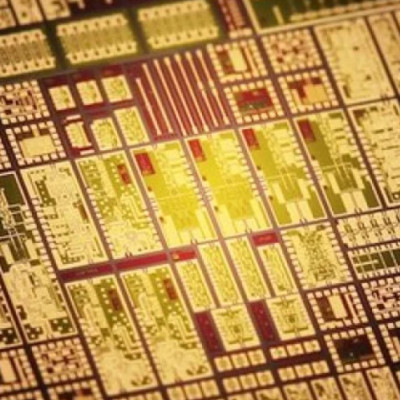
2022-12-31
Visited : 460
The National Institute of Standards and Technology has forged a research and development partnership with AIM Photonics, a federally funded consortium at Albany NanoTech that develops photon-based computer chips.
The National Institute of Standards and Technology (NIST) has forged a research and development partnership with AIM Photonics, a federally funded consortium at Albany Nanotech that develops photon-based computer chips.
NIST, part of the Department of Commerce, will work with AIM Photonics on ultra-fast chips that use both electrons and photons, or light, to carry data.
Such chips are key to powering things like fiber optic networks, high-performance computer facilities, laser-guided missiles and medical sensors.
NIST specializes in test and measurement of the performance of chips, and as part of the partnership program, NIST will create new so-called calibration structures that can measure the electrical performance and speed of new high-speed photonic chips designed through AIM Photonics, which makes prototype chips at Albany Nanotech.
NIST says the goal is to start designing photon chips that operate at 110 gigahertz, much faster than today's photon chips that operate around 25 megahertz.
"This effort will leverage NIST's expertise in chip measurements, calibration and integrated device modeling," said NIST Director Laurie Locascio. "This shows how government and industry can work together to drive innovation and restore U.S. global leadership in semiconductor manufacturing,"
AIM Photoics will incorporate the new standards into its chip design kits that it provides commercial partners that are developing prototype chips.
AIM Photonics stands for the American Institute for Manufacturing Integrated Photonics. It was launched in 2015 with a $110 million Department of Defense grant and $250 million in state funding. Business and academic institutions that joined the consortium also pledged hundreds of millions in additional support that provided a total of $610 million in start-up funds to pay for equipment at Albany Nanotech and at a chip packaging facility in Rochester.
Read the original article on Government Technology.